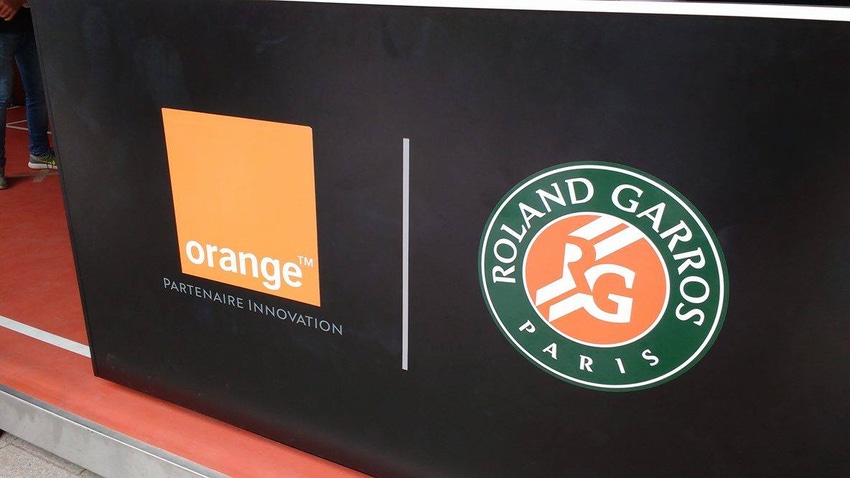It’s a question which has pinned the European Commission against the industry for years; will consolidation hinder or aid the telco market?
May 31, 2017

The question that has pitched the European Commission (hereafter known as the Gaggle of Red-tapers) against the industry for years is: will consolidation hinder or aid the telco market?
From a regulatory perspective the message is clear; thou shall not consolidate. For a reason which has not been fully explained, the Gaggle has got the number four fixed in their minds. It’s a possible explanation as to why the Three/O2 merger was burned in the UK, but there is an element of sense to it. The more operators in a market, the more choice for the consumer, which in theory encourages pricing wars and keeps household bills down. But the industry has a different view on the matter.
This is certainly the case for Orange, as Ramon Fernandez, Delegate Chief Executive Officer in charge of Group Finance and Strategy, outlined to Telecoms.com in Paris. Consolidation is not the devil, it won’t lead to market cartels or the consumer being held to ransom in the pursuit of a Facebook update, consolidation is something which the industry needs; even if it is unlikely to get it.
“Our strategy is to deliver a strategy as if the market remains the same as it is today,” said Fernandez. “We are not building our strategy depending on the possibility of potential consolidation.
“As the same time, we have never changed our views, which is consolidation would be good for the market, all the operators and would be supportive or facilitating the very important investments which are being required by very high broadband and mobile, or 5G tomorrow.
“We are doubtful that the most efficient way to roll out these networks is to maintain this configuration (the current anti-consolidation set-up). At the same time, we are not the actor (operator) which is most in need of the change happening”
No-one should be surprised that an operator is for consolidation, nor that it would state it would remain fair to the consumer. But, the argument from the operators does make sense. Should the operators have a more stable customer base, longer-term investments to improve performance and the network can be made, as there is a more accountable revenue stream. Bringing in additional competition will force the operators to drop prices to buy the loyalty of customers, but will that provide a solid foundation for long-term investment? Probably not.
Now Telecoms.com is not suggesting that competition should be removed, but there is a fine balance to strike. Perhaps the Gaggle of Red-tapers is erring too much on the side of caution, and made that balance a little lop-sided. A blanket rule of four operators per market will not work, due to the individual nature of each of the markets themselves.
“It all depends on the conditions,” said Fernandez. “In Italy, there was a merger between two mobile operators, which was subject to some remedies, but it was done. In the UK or Denmark, the consolidation was not possible because the operators were of the view that the remedies which had been requested by the Commission were too tough to go ahead.
“I have no view on whether there is an inconsistency, but the way these deals are organized can give a lot of guarantees to the competition authority that the level of competition following the consolidation will remain sufficient or not. I think different in different markets, you can draw different conclusions.”
While it does appear the stubborn rule marker is not going to change its mind on consolidation in individual countries, there has been an argument that this pig-headedness might encourage operators to look at cross-border consolidation, potentially creating a pan-European operator. A good example which has been discussed in recent years is some sort of partnership between Orange and Telecom Italia.
While this would certainly create a powerful proposition, Fernandez does not necessarily see the industry heading this direction.
“I think there might be a view in some places that the absence of in-market consolidation would accelerate pan-European consolidation, but I think this is wrong,” said Fernandez. “Our strategy is not to go towards pan-European consolidation, but to be stronger where we are operating. The key for us, in the countries where we operate is to become a convergence player.
“Historically in some of our markets we were just mobile players, but this is why we made the Jazztel acquisition in Spain, we need to be stronger in fixed. It’s the reason why in Belgium we have negotiated regulated access to the cable network so we can offer fixed services. It’s the reason why we have negotiated an agreement with Deutsche Telekom in Romania where we access their fibre network, in order to offer convergent packages.
“It’s also the reason why we are trying to build additional services above connectivity. Mobile banking is one.”
The stumbling block for pan-European operations simply isn’t a focus on convergence, the European market is also a minefield for regulation. The Gaggle might have the ambition of a single market, but right now there are 28 countries which all have a different set of rules. This might change over time, but it is currently a fragmented and multi-local market which does not facilitate a pan-European approach.
So our overseers in Brussels have a couple of big ideas, but the way in which they are trying to achieve them might not be the most efficient. At least that’s what the operators think anyway.
About the Author(s)
You May Also Like








.png?width=300&auto=webp&quality=80&disable=upscale)


_1.jpg?width=300&auto=webp&quality=80&disable=upscale)


.png?width=800&auto=webp&quality=80&disable=upscale)